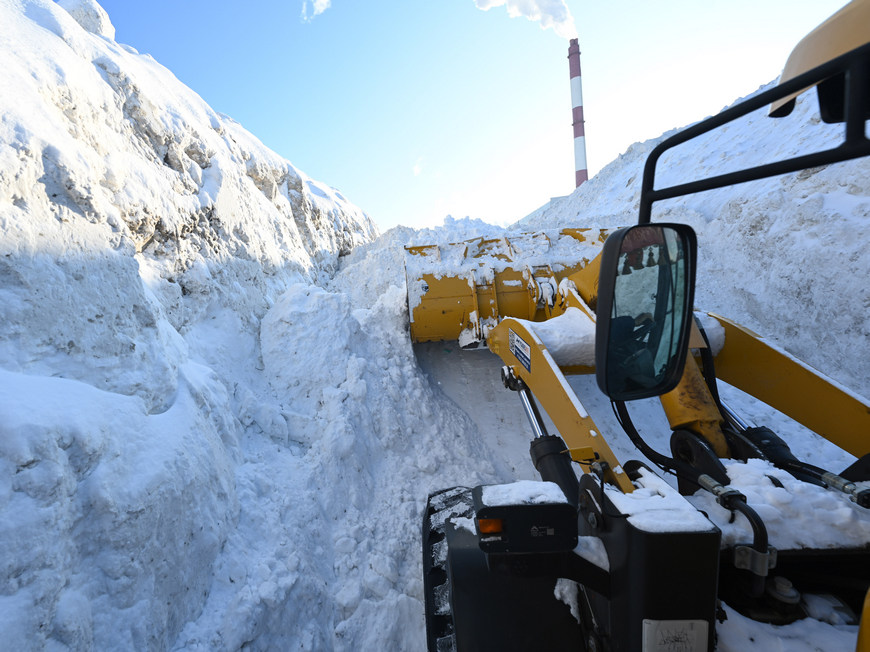Kazan Municipal Enterprise “Vodokanal” has started supplying biofuels
produced from the thermomechanical treatment of sludge to cement plants in
Russia. Seventy tons of biofuels are produced daily on the first line in Russia
from 450 thousand cubic meters of sewage with a design capacity of 100 tons.
This allowed the capital of Tatarstan to abandon the use of sludge pits, which
are an environmental problem. Today, the Mayor of Kazan Ilsur Metshin visited
the site together with representatives of the city and republican media.
“The first line
of thermomechanical treatment of sludge in Russia is a utility and ecological
revolution for Kazan,”- I.Metshin noted. Previously, according to him, 250 tons
of sediment daily have been transferred to the sludge pits, the area of which
has reached 110 hectares in 50 years. “The problem that we have been observing
for many years was resolved. Now we receive 70 tons of biofuel every day, which
are actively used by the Russian cement plants”, - the Mayor said.
The construction
of the line worth 1.7 billion rubles began in December 2018 at the own expense
of the Municipal Unitary Enterprise “Vodokanal” and was completed in 2021. In
June 2022, the facility received the Solid Biofuel certificate, which allowed
the export of the processed product to cement plants in Russia.
Andrey Egorov,
director of Vodokanal, told journalists and the Mayor about the process of
obtaining biofuels. “The sludge, which is obtained after wastewater treatment,
is dehydrated in centrifuges to a humidity of 75%, after which it enters the cylinder
driers with a 500 degrees temperature. The dried sediment takes the form of
granules with a size of 3-8 mm and a humidity of 10%, after which it enters the
silos for intermediate storage as a final product”, - he explained.
What makes the
line unique is that the sludge treatment process is closed. “There is no gas blowout
into the atmosphere, there is no burning process, so this facility is
completely eco-friendly”, - A.Egorov stressed. A Russian company developed the
project. “The components are 70% domestic, 30% foreign, these are engineering
and electronic systems. Now their analogues are being selected”, - said the
director of Vodokanal.
Up to seven
KAMAZ trucks are filled with the final product every day. Andrey Egorov said
that biofuels are in demand by factories. Cement plants use the product as an
alternative fuel by adding pellets to the gas, which reduces the cost of cement
production.
The processed
product can also be used as an additive to black soil for land reclamation and
in road construction. “Now, together with the research center, we are
conducting experiments on the use of pellets in other areas. The certification
process can take up to eighteen months”, - A.Egorov said.
For reference,
the sludge pits in Kazan are located in the water protection zone near the
Kuibyshev water reservoir and represent a system of sludge lagoons fenced with
dams and combined into cascades. For 50 years of operation of treatment
facilities, the territory of the sludge pits has exceeded the limit of its
capabilities. Now the sludge pits have been transferred to reclamation under
the federal project “Improvement of the Volga” part of the “Ecology” national
project. It is planned to complete the reclamation by 2024.
